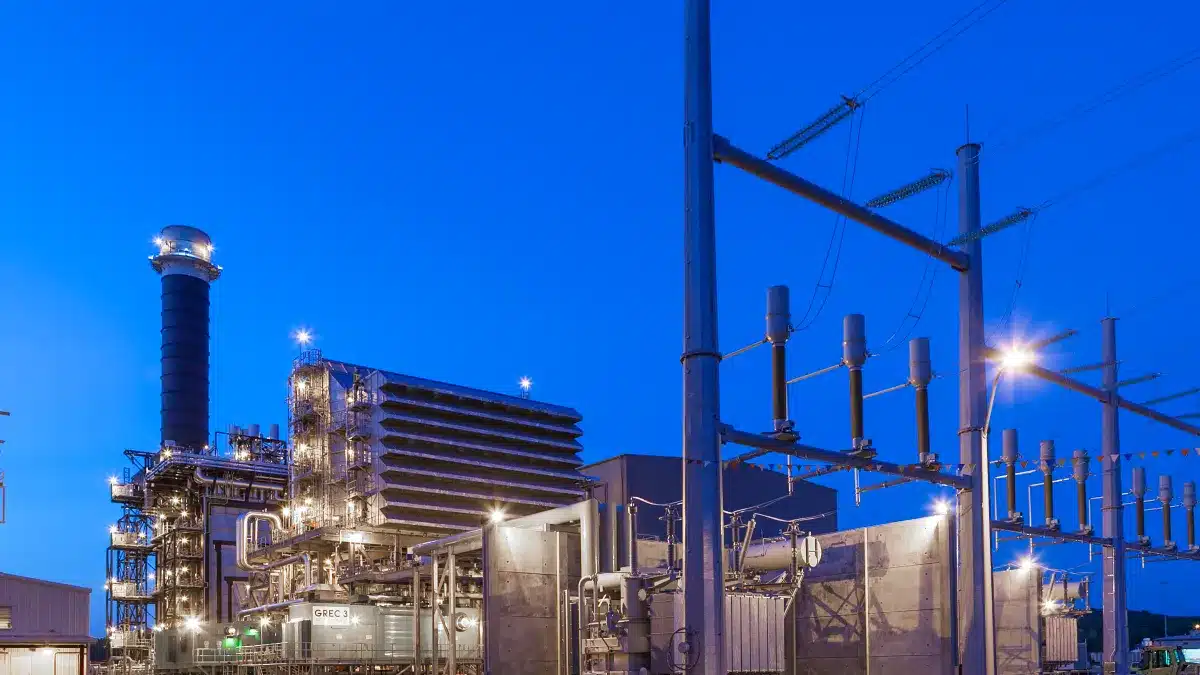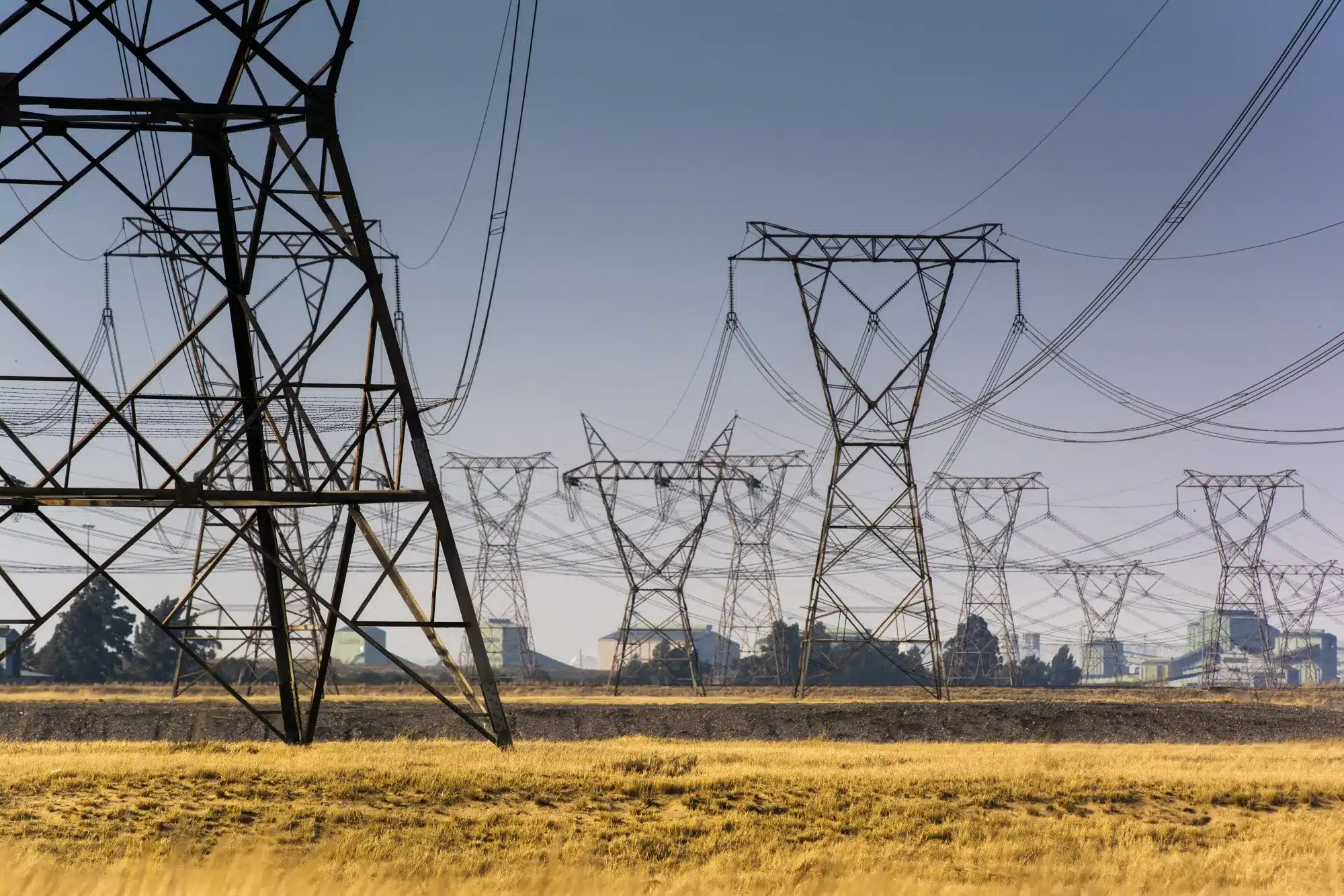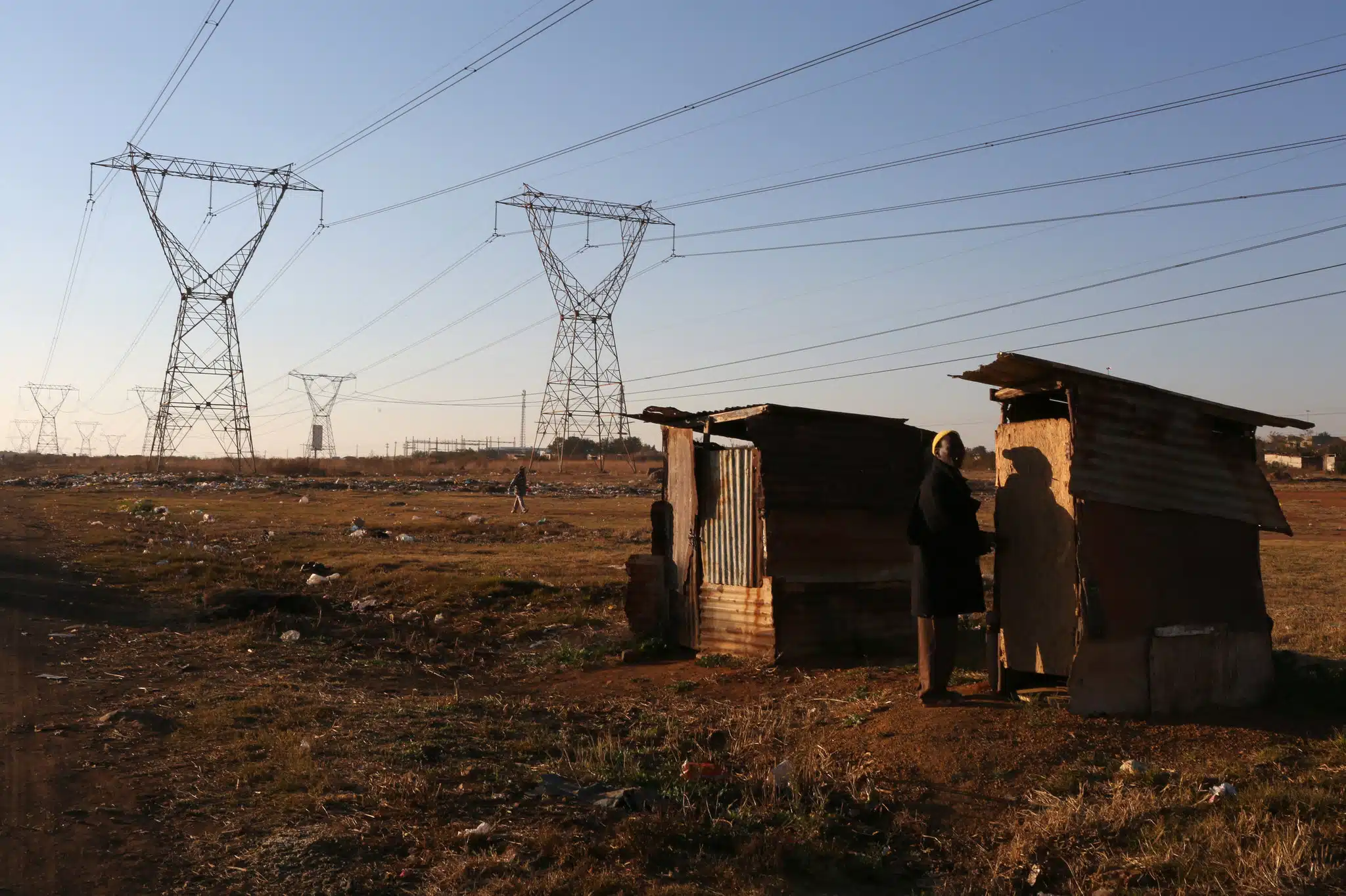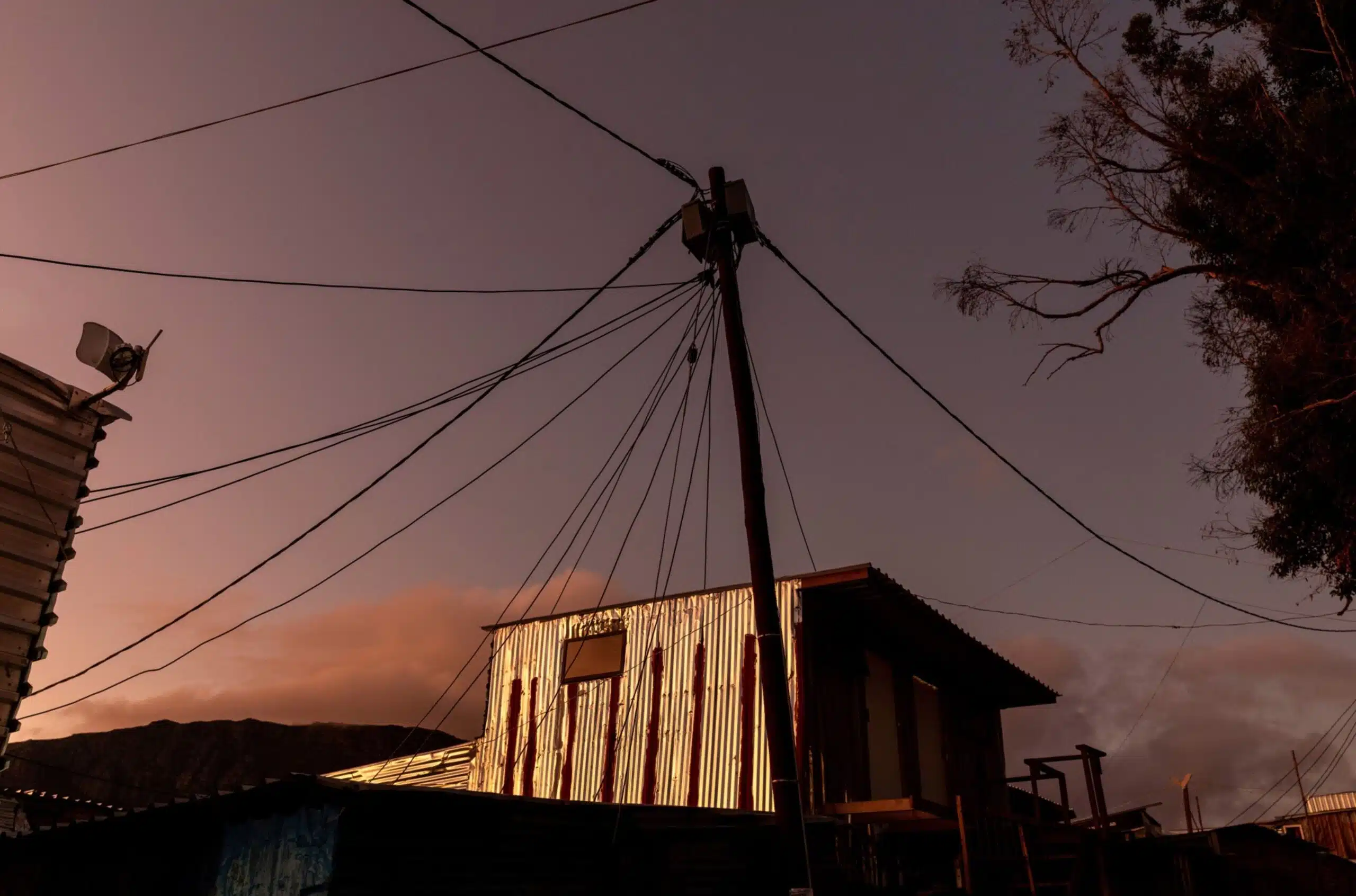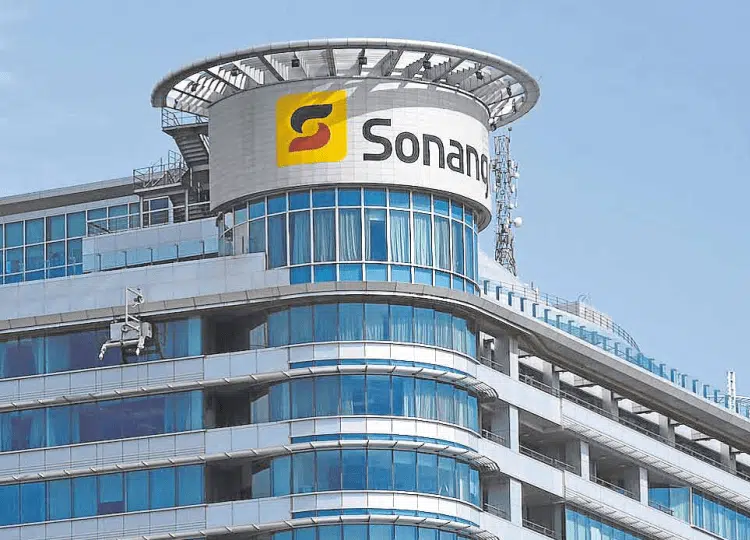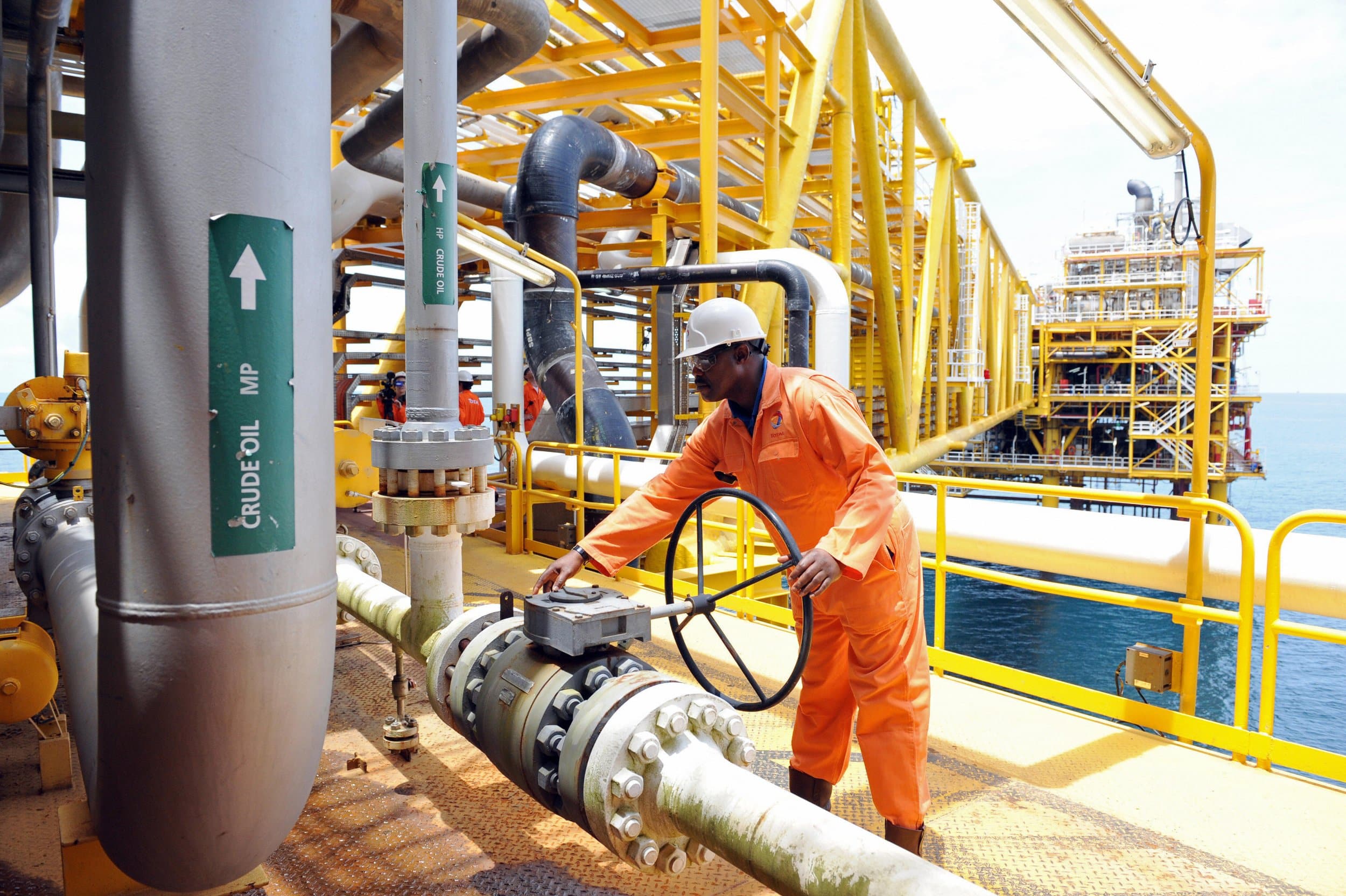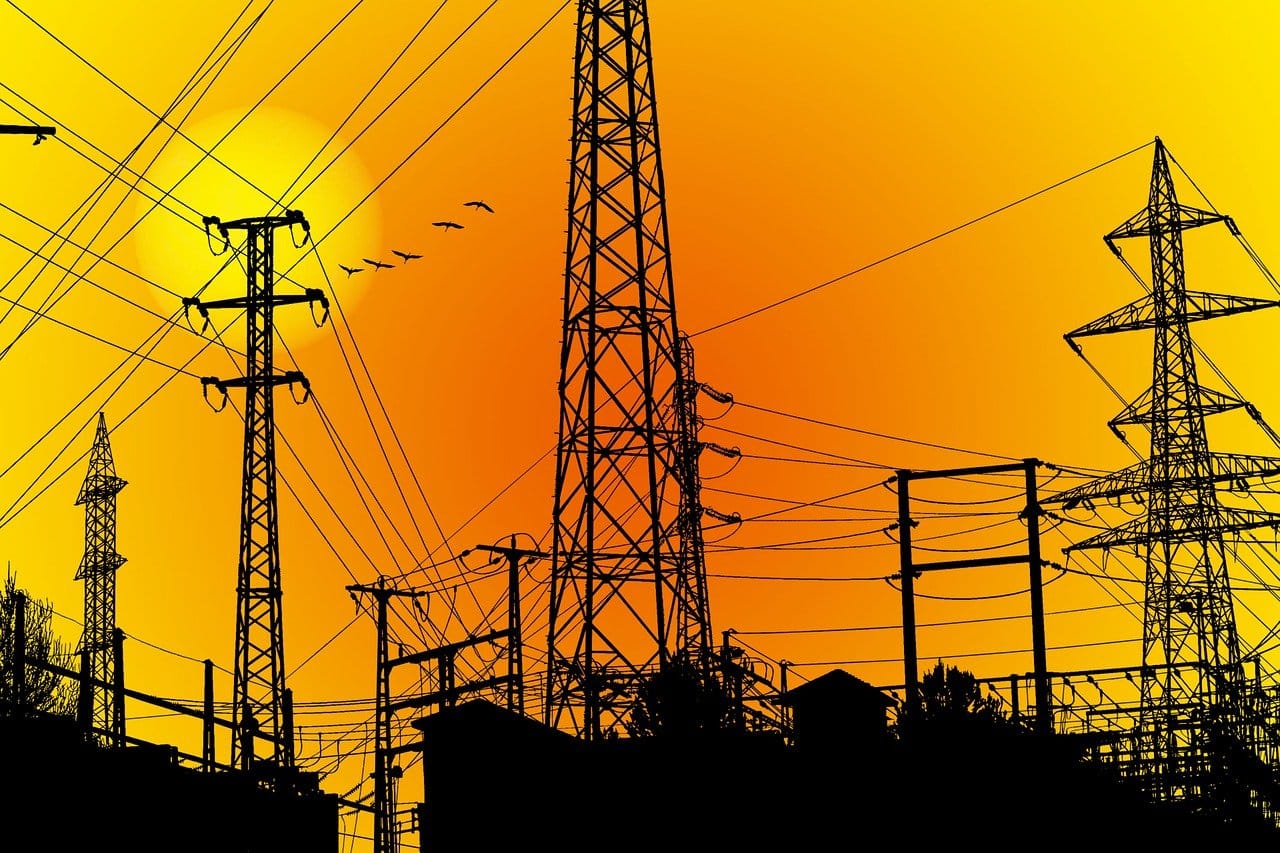When Heirs Energies entered Nigeria’s upstream oil market a few years ago, some industry veterans called it a contrarian bet.
Global majors were exiting onshore assets; insecurity, aging infrastructure, and chronic losses from downtime had dimmed the Niger Delta’s appeal.
In 2021, Heirs signed an eight-year, $1.2 billion deal to acquire 45% of oil production from OML 17, then operated by Shell and its joint venture partners.
OML 17 is a prolific block with 1.2 billion barrels of oil equivalent (boe) in proven reserves.
It also holds an additional 1 billion boe in contingent and prospective resources, volumes that could position Heirs for sustained long-term growth.
Four years on, that wager looks prescient. Heirs doubled down on onshore brownfield assets with tangible results, turning the company into one of the sector’s most resilient local growth stories.
An Energy in Africa assessment of indigenous operators’ production in June ranked Heirs as the third-largest producer in Nigeria, behind Seplat Energy and Aiteo.
Since acquiring Shell’s stake, Heirs has boosted production from 21,000 barrels per day (bpd) to 53,000 bpd.
Still, the company’s billionaire chairman Tony Elumelu told journalists at a leadership event in Abuja in February that the “53,000 barrels per day is not enough, we want to take it to 100,000 barrels.”
Heir Energies’ contrarian play: buy what others won’t, fix what others didn’t
Heirs’ strategy validates the contrarian play.
It pursued and restore the fastest, lowest-carbon barrel, rather than chase frontier acreage.
The company focused on rehabilitating already-producing assets with under-invested facilities and shut-in wells.
The first 24 months of the acquisition were dedicated to well workovers and recompletions, integrity digs on corroded flowlines, de-bottlenecked separators, and power reliability upgrades at flowstations.
The outcome: higher mechanical availability, steadier evacuation, and, of course, a significant increase in oil output.
Heirs’ bigger goals amidst regulatory clarity
Heirs Energies, launched in 2021, is an integrated energy company with interests spanning oil, gas, and power generation.
Before its upstream expansion, the company had already made waves in Nigeria’s electricity market, operating some of the country’s major power plants.
The firm runs Nigeria’s largest operational gas-powered power plant; the 972 MW Ughelli facility. It also holds a 60% equity stake in the Abuja Electricity Distribution Company.
According to Elumelu, upstream oil was just the beginning of what Heirs has in the pipeline.
“You know for us, we will integrate ultimately. But we wanted to start with oil production first. When we have oil, which is the raw material, then to go into fertilizer, into petrochemicals, into refinery is not as difficult.”
“But what is more important is to have that raw material, and which I’m happy that we have today,” he added.
Fiscal and regulatory reforms have also created a more favourable investment environment.
This has enabled the influx of over $16 billion in foreign investment into the country’s oil sector over the last two years.
“I don’t think there’s been any time where the conditions to operate in Nigeria have been better than now,” Heirs’ CEO Osa Igiehon recently told Upstream Online.
A wave of opportunities
For decades, the Niger Delta was defined by oil theft and pipeline vandalism, dragging Nigeria’s production to below 1 million bpd in 2022.
But a shift had long begun in the region.
As oil majors embarked on what analysts at Bavijas Consulting describe as a “second divestment wave,” indigenous players like Heirs Energies seized the chance to fill the gap.
That wave has not only deepened local participation in the oil sector but also caused remarkable growth in Nigeria’s domestic production.
Whichever way you look at it, Heirs has shown that Nigeria’s onshore sector is not a lost cause but an untapped opportunity for disciplined investors.
The company’s production growth figures in just four years tells that story better than words.



